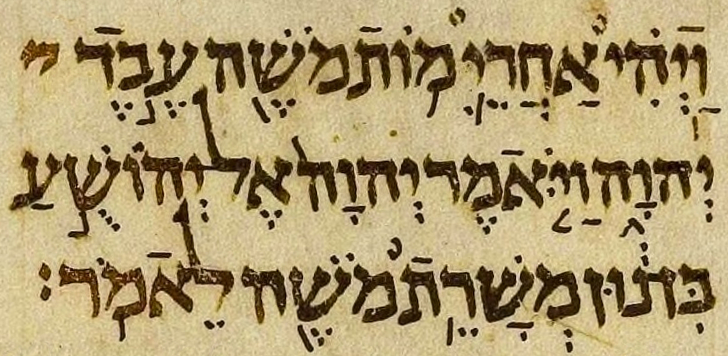Benefits and Blessings of Torah-Observant Nazarene Judaism
Spiritual Union with Torah and Messiah
Embracing Torah-observant Nazarene Judaism places the Torah and Yeshua (Jesus) at the center of daily life. Practitioners report a deepened sense of God’s presence as they follow the same commandments that shaped first-century Jewish believers and which Yeshua Himself exemplified. This union brings a clarity of purpose and intimacy with the divine, as Torah study and Messiah-centered worship feed one another.
Living in Covenant: Deuteronomic Promises
Walking in Torah observance reconnects individuals to the covenantal blessings spelled out in Deuteronomy. As one heeds the mitzvot—both moral and ritual—promises of security, fruitfulness, and protection follow. The rhythm of Sabbath rest, festival celebrations, and daily berachot (blessings) reinforces a life lived under God’s favor.
| Blessing Category | Scriptural Promise | Practical Expression |
|---|---|---|
| Family & Children | Fruitful families, generational legacy | Teaching children Scripture, family Shabbat |
| Land & Provision | Abundant harvests and stable livelihoods | Honoring sabbatical years, ethical business |
| Security & Peace | Protection from foes and inner tranquility | Trusting God in times of trial |
Moral and Ethical Transformation
The 613 mitzvot serve as a comprehensive blueprint for character development. Observance cultivates self-discipline, empathy, and holiness by translating divine commands into everyday choices—from honest speech to compassionate justice. Over time, adherents find their values realigned with a God-centered ethics that impacts personal integrity, relationships, and societal engagement.
Community, Identity, and Continuity
Torah-observant Nazarenes intentionally reclaim the heritage of the early Jerusalem community led by James, Peter, and Paul—Jewish followers of Yeshua who remained true to Torah. This restoration fosters strong communal bonds in synagogues and small fellowships, where Hebrew prayers, liturgical rhythms, and shared meals nurture kinship across Jewish and Gentile backgrounds alike.
Eschatological Hope and World Renewal
In Nazarene Judaism, Torah observance is woven into a vision of the last days… anticipating a purified remnant living out God’s ways before the final redemption. This forward-looking hope emboldens believers to model justice, mercy, and faithfulness now, seeing their obedience as both a foretaste of—and invitation to—the world to come.
Further Avenues of Exploration
- Explore the biblical calendar: how festivals like Passover and Sukkot gain new meaning in Messiah-centered worship.
- Delve into Hebrew terms (e.g., chesed, emet, shalom) to enrich prayer and Torah study.
- Compare Torah-observant Nazarene practice with other Messianic and Jewish expressions to appreciate shared roots and distinctive emphases.
- Investigate historical sources on the first-century Nazarenes to trace how belief and practice evolved through the early centuries.
This journey into Torah-observant Nazarene Judaism opens doors to spiritual depth, communal solidarity, and a vibrant hope rooted in Scripture’s ancient promises.


